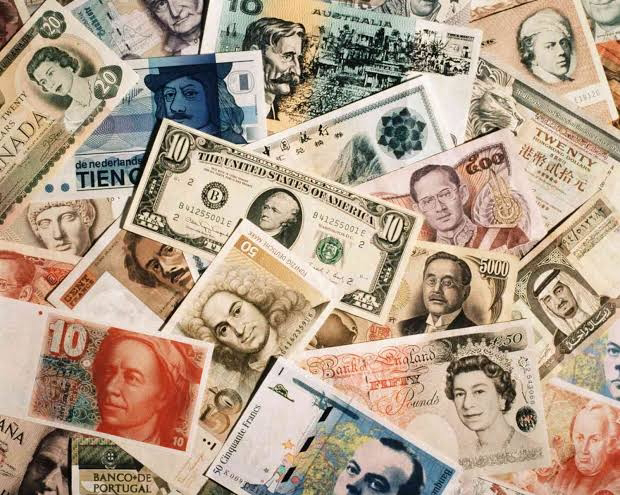Kerala:The Land of Democratic Innovation and Unique Economic Progress

Kerala:The Land of Democratic Innovation and Unique Economic Progress Kerala, a state situated in the southwestern part of India, is known for its rich cultural heritage, pristine natural beauty, and a significant political milestone – it was the first state in the world to democratically elect a communist government. As Kerala celebrates its "Kerala Piravi" day on November 1st, let's delve into the unique political and economic aspects that define this beautiful coastal state. Historical Significance of Kerala Piravi: Kerala Piravi Day marks the birth of the state of Kerala as it is known today. On November 1, 1956, Kerala was formed by the merger of three princely states and the Malabar district. This consolidation was a momentous event in India's post-independence history, and it laid the foundation for Kerala's distinctive political and social landscape. The First Democratically Elected Communist Government: One of the most significant milestones i...












